Description
This beloved bestseller—over 180,000 copies sold—has helped caregivers worldwide keep themselves emotionally, psychologically, spiritually, and physically healthy in the face of the sometimes overwhelming traumas they confront every day.
A longtime trauma worker, Laura van Dernoot Lipsky offers a deep and empathetic survey of the often-unrecognized toll taken on those working to make the world a better place. We may feel tired, cynical, or numb or like we can never do enough. These, and other symptoms, affect us individually and collectively, sapping the energy and effectiveness we so desperately need if we are to benefit humankind, other living things, and the planet itself.
In Trauma Stewardship, we are called to meet these challenges in an intentional way. Lipsky offers a variety of simple and profound practices, drawn from modern psychology and a range of spiritual traditions, that enable us to look carefully at our reactions and motivations and discover new sources of energy and renewal. She includes interviews with successful trauma stewards from different walks of life and even uses New Yorker cartoons to illustrate her points.
“We can do meaningful work in a way that works for us and for those we serve,” Lipsky writes. “Taking care of ourselves while taking care of others allows us to contribute to our societies with such impact that we will leave a legacy informed by our deepest wisdom and greatest gifts instead of burdened by our struggles and despair.

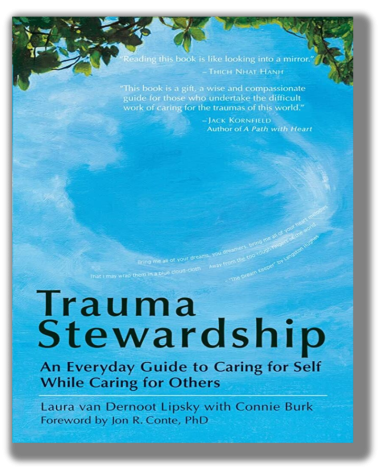
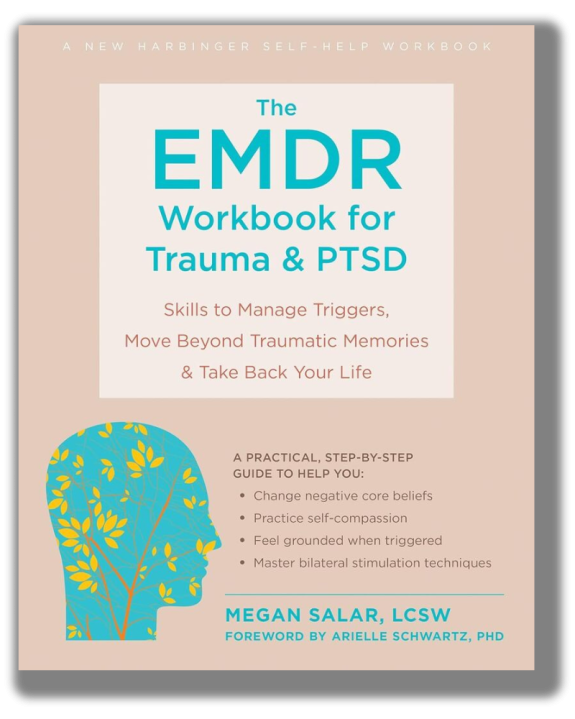
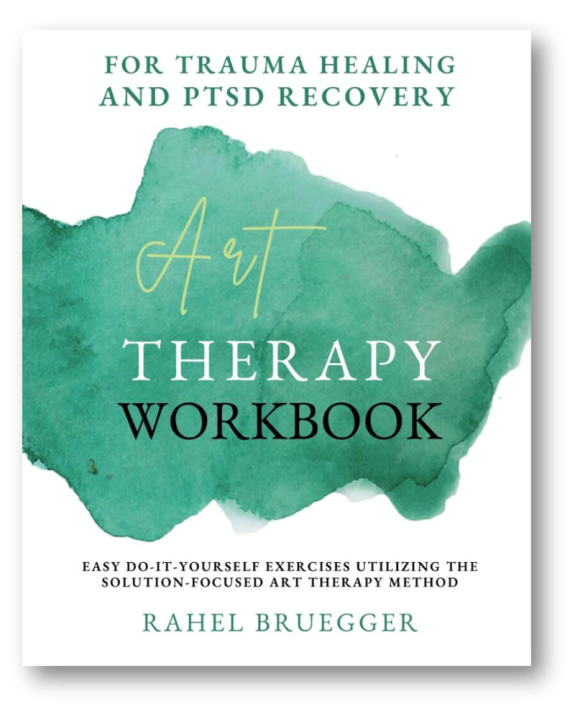
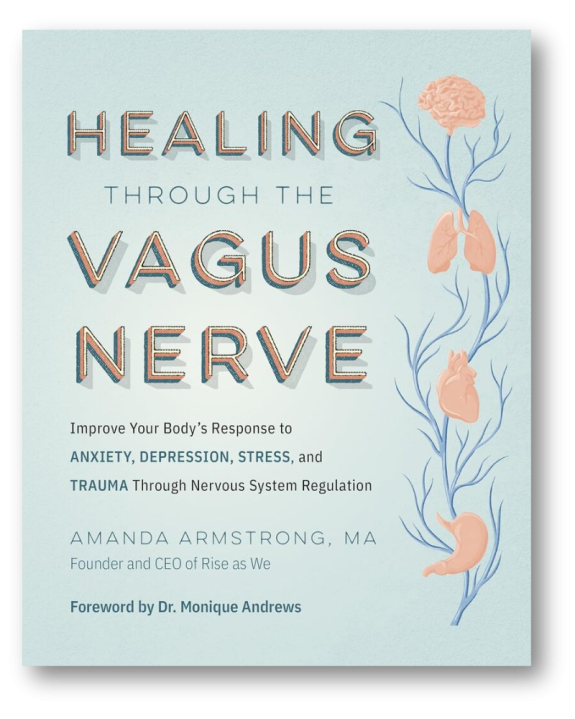
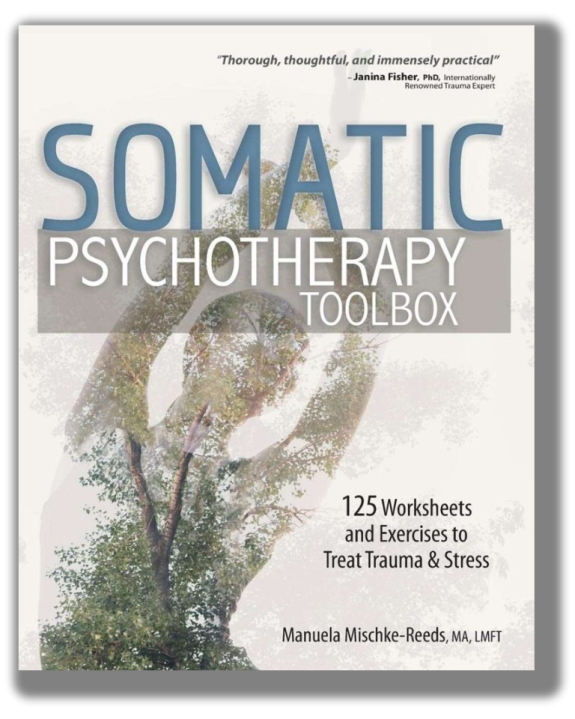
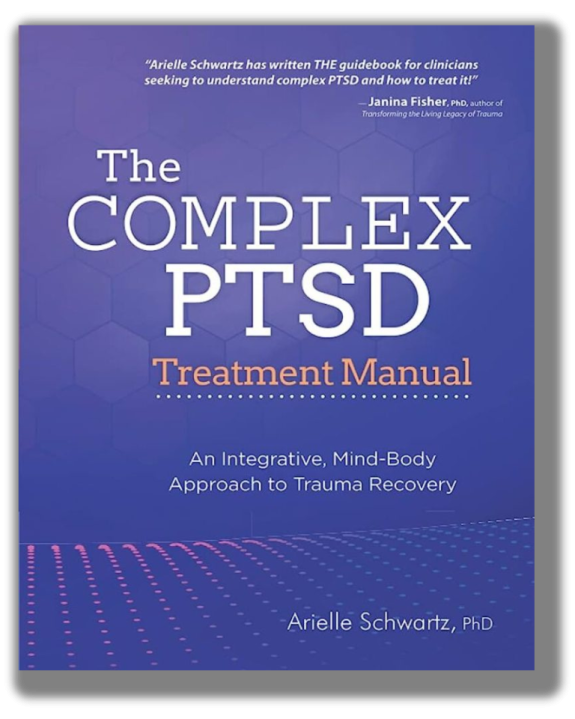


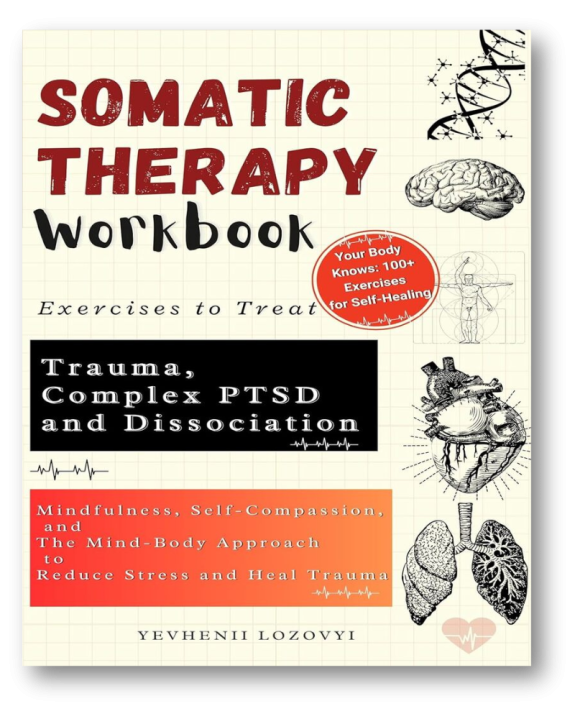
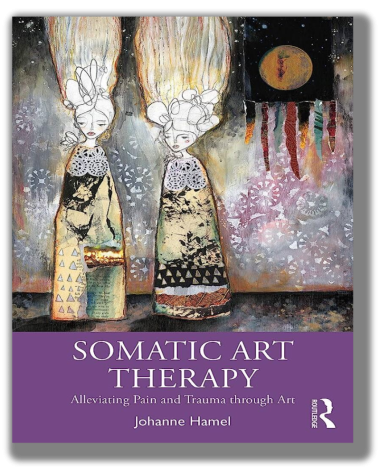
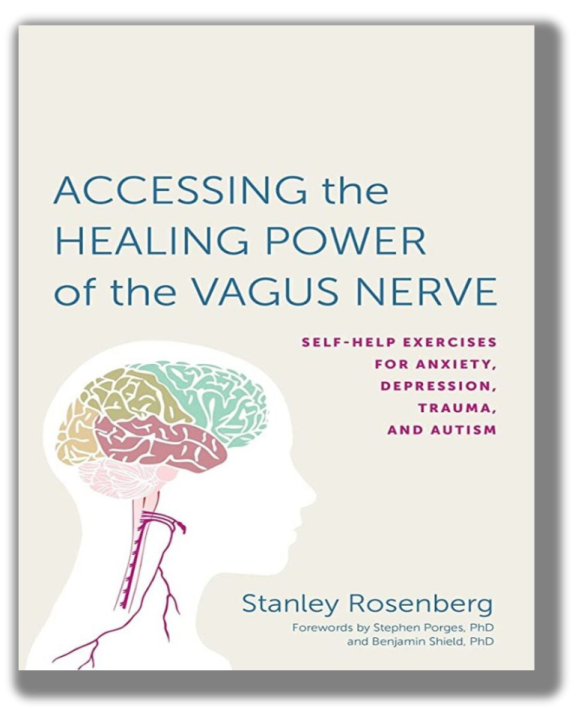
This book was exactly what I hoped it would be. It validated my experience, it helped put words to what I was experiencing while working in the trauma field, it posed excellent questions for me to think about and provided practical guidance.
A good read. I used the text to do a workshop for counsellors and all loved it. It is however a bit hard to read for people like me who get easily distracted or bored. Nonetheless, it is worth purchasing
Social workers, nurses, counselors, teachers, people in emergency services or law enforcement…anyone who faces secondary trauma in their everyday life. One of my professors named this book as basically required reading for a social worker, along with Daring Greatly, The Body Keeps the Score, and It Didn’t Start With You. I ended up dog-earing about a dozen different pages because I kept finding pages that I knew I’d have to come back to!
…and so should every school administrator. We will have to think outside the box to make a system that is more sustainable and that doesn’t leave broken humans in its wake.
Reading this as a therapist who works with healthcare workers. This is a great perspective on vicarious trauma, burnout, and how to care for ourselves so we can continue to do the work we love.